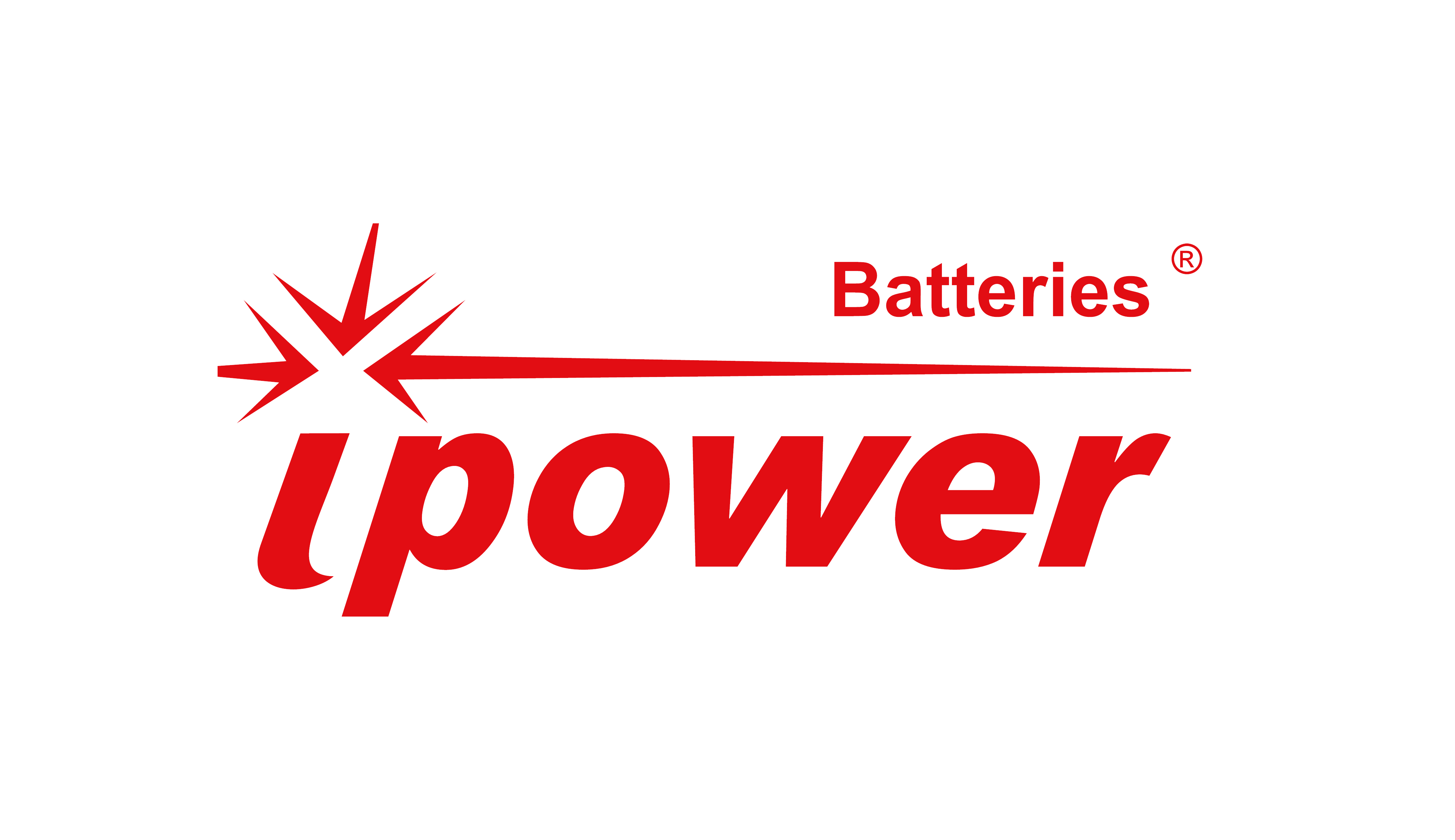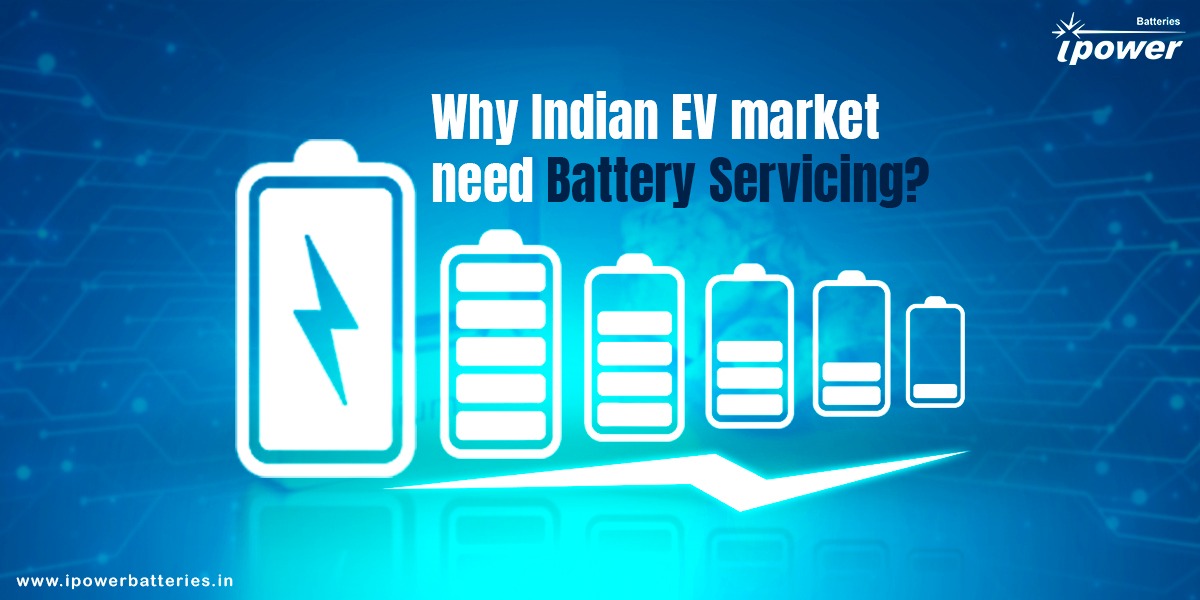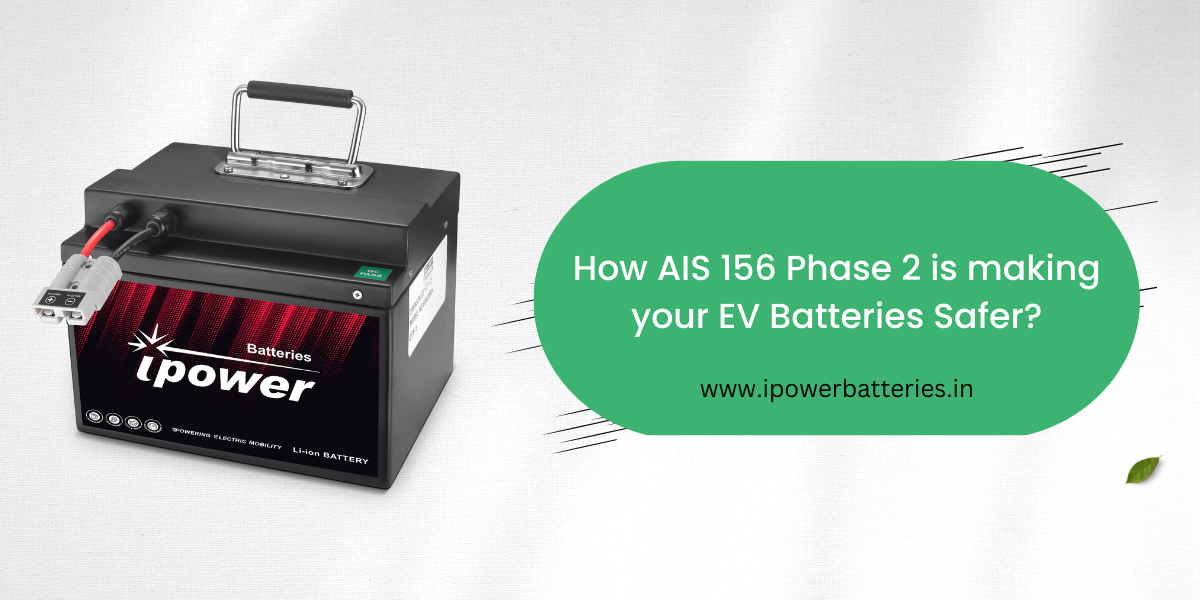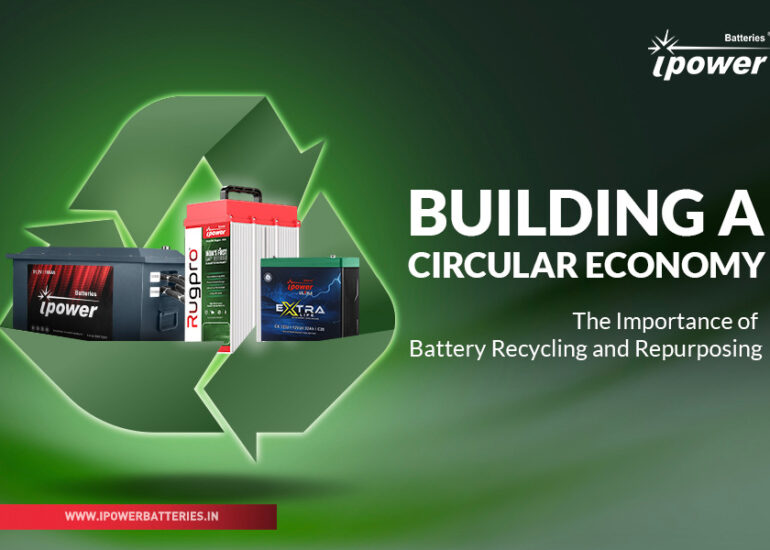Every coin has two faces, single face coins don’t exist. In the same way, any technological business has 2 aspects, one is development, and other is the servicing. Be it software or hardware, every industry needs the service industry to grow. The same goes for the EV Industry. We all know that electric vehicles have very fewer parts in comparison to ICE vehicles so the scope of services is very less (but still needed) but what about the batteries, do they need any kind of service?
Battery servicing, a topic which is not in the general discussion, why battery servicing is required is not a very common question. But it is going to be the question of the near future. Let us explain to you why battery servicing is important for the survival of the EV industry.
In recent times, we have seen a lot of news of EV batteries catching fire due to various reasons and because of that, it’s becoming a threat to EV owners. They want to be sure that their EVs will not catch fire while it’s parked inside their homes. Also if any EV is burning, you cannot simply use water to stop it, as water with lithium can be explosive.
EV batteries are the powerhouse of EVs and that’s why you need to take care of them. You need experts who can analyse your batteries for any future mishap. An expert can see if the battery is getting fully charged or not. Battery manufacturers can provide all types of required servicing but most of the time, it’s a long process, from contacting them to dispatching the batteries to receiving them after it’s getting serviced. It’s a time taking process and it will impact the user of that battery economically.
Let’s have an economic analysis of this process.
Case 1: Single user
Let’s say there is a battery manufacturer by the name XYZ which is in Delhi and an electric rickshaw owner by the name Ram who lives in Chattisgarh.
Now Ram uses the lithium battery manufactured by XYZ company for his e-rickshaw which is his primary mode of income. He earns around INR 700 per day.
After using the batteries for some time, Ram founds that now his e-rickshaw is not running to the pre-defined kilometers. The battery is getting discharged in less duration. Ram calls XYZ and tells them about his issue. The XYZ company asks him to send the battery to them as they don’t have a service center in Chattisgarh. Ram sends the battery to the company where the service engineers check it and solve the problem and dispatch it back to Ram. But this entire process takes 7 days. Now for 7 days, Ram is not able to use his electric rickshaw. For seven days he is not able to earn and support his family financially. The total loss for Ram these days is around INR 4900.
So when the next time something like this happens again, Ram simply switches to the local battery supplier, maybe going back to the lead-acid batteries.
Now because of this, that company loses 1 customer directly. When Ram will tell all these to his friends and community, by the word of mouth a lot more possible future clients will be gone.
Case 1: Fleet Owners
In the second scenario, Ram owns a fleet of e-rickshaw and electric scooters for his logistics business or rental business. Let’s just say 30 e-rickshaw and 50 electric scooters.
Each e-rickshaw earns him INR 1000 and each electric scooter earns him 500 daily. So the daily income of Ram is around INR 55,000. Now let’s assume 5 of his e-rickshaws and 10 of his electric scooters are not working properly because of battery issues.
Ram calls the XYZ company, explaining the scenario and the company asks him to dispatch the batteries. Now here also the entire process takes 7 days. So the total loss for the Ram is around 77,000.
In both cases, because the XYZ company didn’t have any service center, their client had to face economical loss. The company not only losses a client but also many future clients as well. But if the same company would have a network of the service center, that 7 days could have been reduced to say 3 days or 4 days.
For battery manufacturers, it’s very important to have a network of battery service centers. Now if you will see this scenario, you can find 2 business opportunities. One is direct, that is starting a battery service center in collaboration with the battery manufacturers and the second is training. Lithium batteries are different from lead-acid batteries, they need different approaches while testing and servicing them. One can collaborate with the battery manufacturers to develop and launch a training model for anyone and everyone who wants to set up a battery service center.
Ipower is collaborating with the brands/OEM’s and various dealers to set up lithium battery service centers in India to help the growth of EV industry of India.
For more details about the lithium battery service centres, click here:





